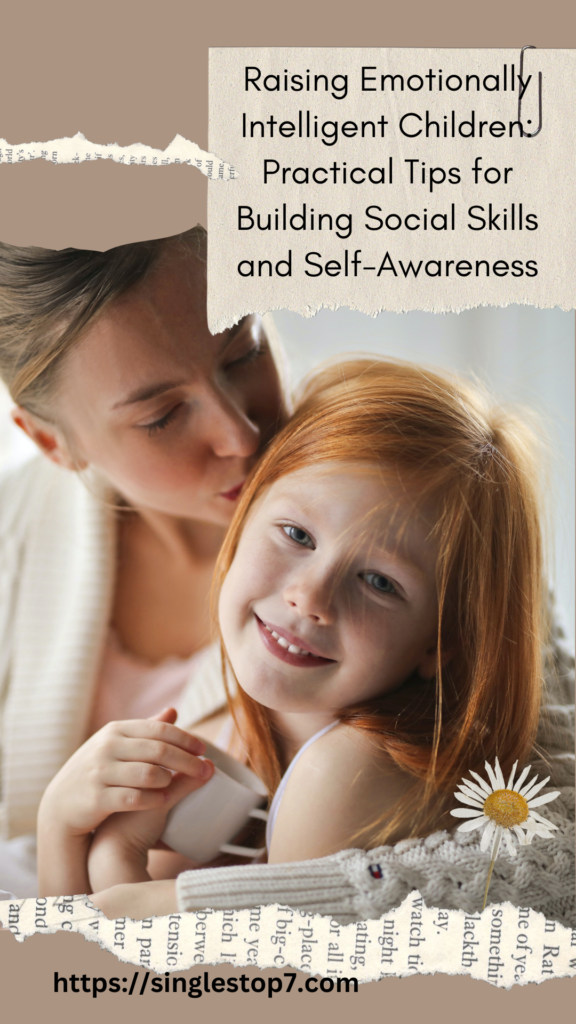For all articles related to parenting, explore here…
Wanderlust with Wee Ones: Mastering the Art of Traveling Blissfully with Toddlers
Hello there! Today, I want to inspire and empower you by sharing the wisdom I’ve gained from my personal journey of traveling with my toddler. Believe me when I say that I understand the challenges and difficulties that can arise when embarking on adventures with our little ones. The thought of long journeys, unpredictable tantrums, and boundless energy can make even the most adventurous parents hesitate. But fear not! I’m here to show you that with the right knowledge and experience, traveling with toddlers can become the best experience of your life.
So, let’s dive into a collection of practical tips and tricks that have worked wonders for me and my little explorer. These insights have transformed my journeys into moments filled with joy, laughter, and unforgettable memories. I want to share them with you, to uplift and guide you through this incredible adventure. Read more…
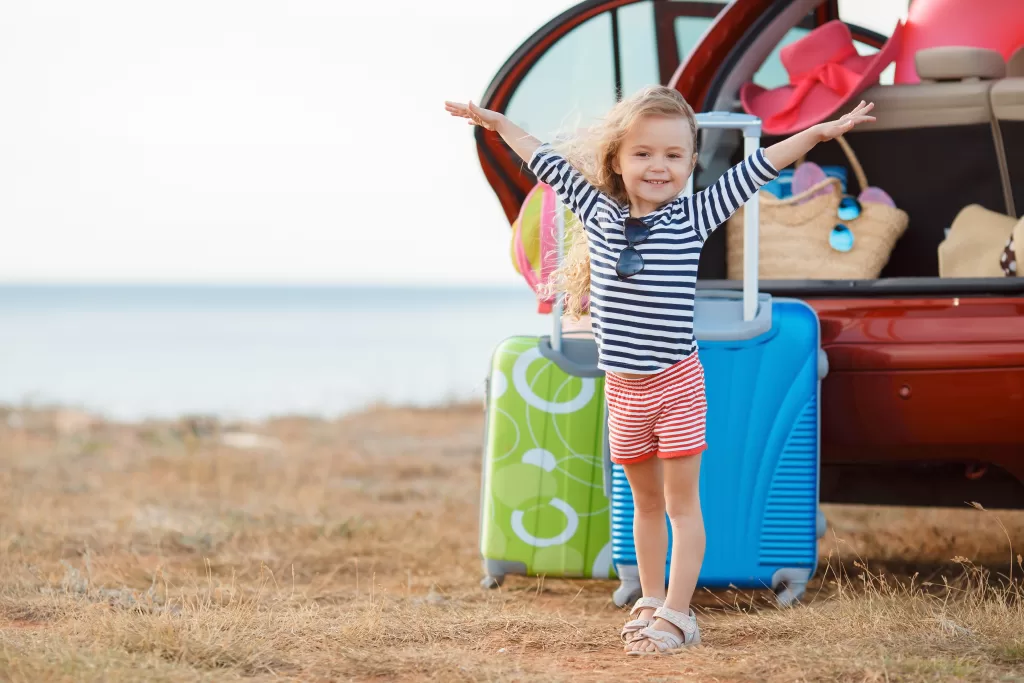
Investing in Your Child’s Future: The Advantages of Sending Your Two-Year-Old to Preschool
Every parent wants what’s best for their child, but the decision to send your two-year-old to preschool can be a difficult one. As you watch your little one grow and develop, you may wonder if they’re ready for this new adventure. Will they make friends? Will they miss you too much? Will they thrive in this new environment?
But as you watch your child take their first steps, say their first words, and explore the world around them, you know deep down that they’re capable of so much more. You want to give them every opportunity to learn, grow, and succeed.
That’s why sending your two-year-old to preschool can be such a powerful investment in their future. It’s a chance for them to learn social skills, gain independence, and discover the joy of learning. And as a parent, it’s a chance for you to watch them blossom into confident, capable little individuals.
So, how do you know if your child is ready for preschool? What can you expect from this new chapter in their life? And how can you support them as they take these first steps on their educational journey? Let’s explore the many benefits of sending your two-year-old to preschool, and discover how you can help them thrive in this exciting new environment. Read more…
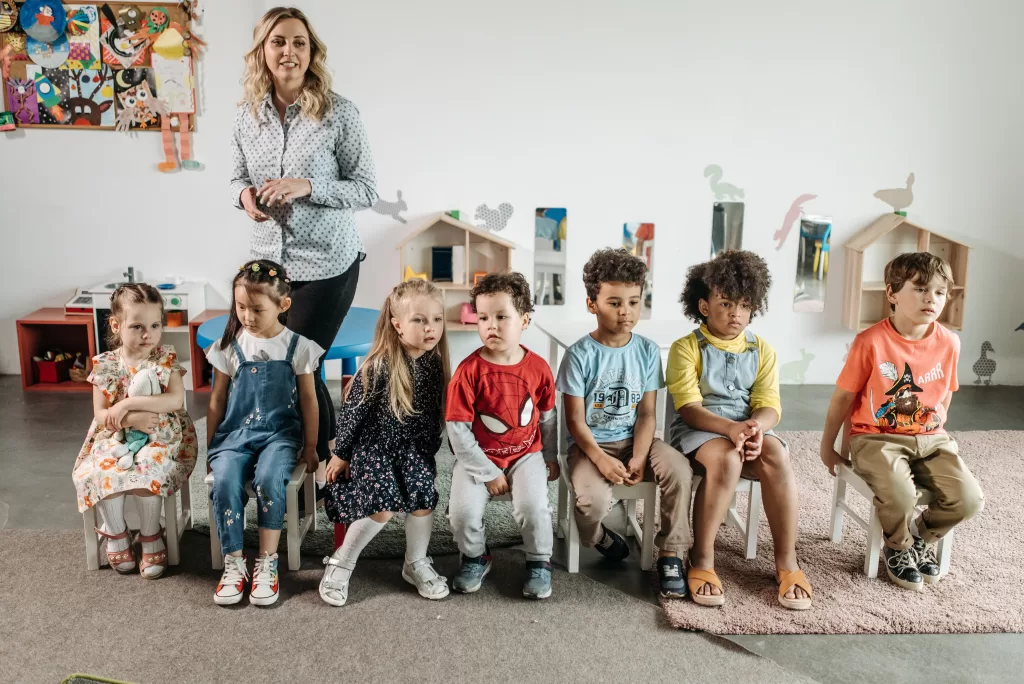
Read 10 Timeless Tales to Teach Your Toddler About Humanity: Instilling Valuable Lessons Through Classic Stories
As parents, we all want our children to grow up to be kind, empathetic, and compassionate individuals who will make the world a better place. And while there are many ways to instill these values in our children, storytelling is one of the most powerful.
When we share stories with our children, we’re not just entertaining them – we’re helping them develop the skills and attitudes that will enable them to navigate the complexities of the world around them. We’re teaching them about the importance of kindness, generosity, and self-acceptance. We’re showing them that no matter how different we may seem on the surface, we all share a common humanity that binds us together.
And perhaps most importantly, we’re fostering a love of learning and exploration that will stay with them for the rest of their lives. By engaging with these stories, our children will learn to see the world with curiosity and wonder, and to approach new challenges with courage and determination. Read More
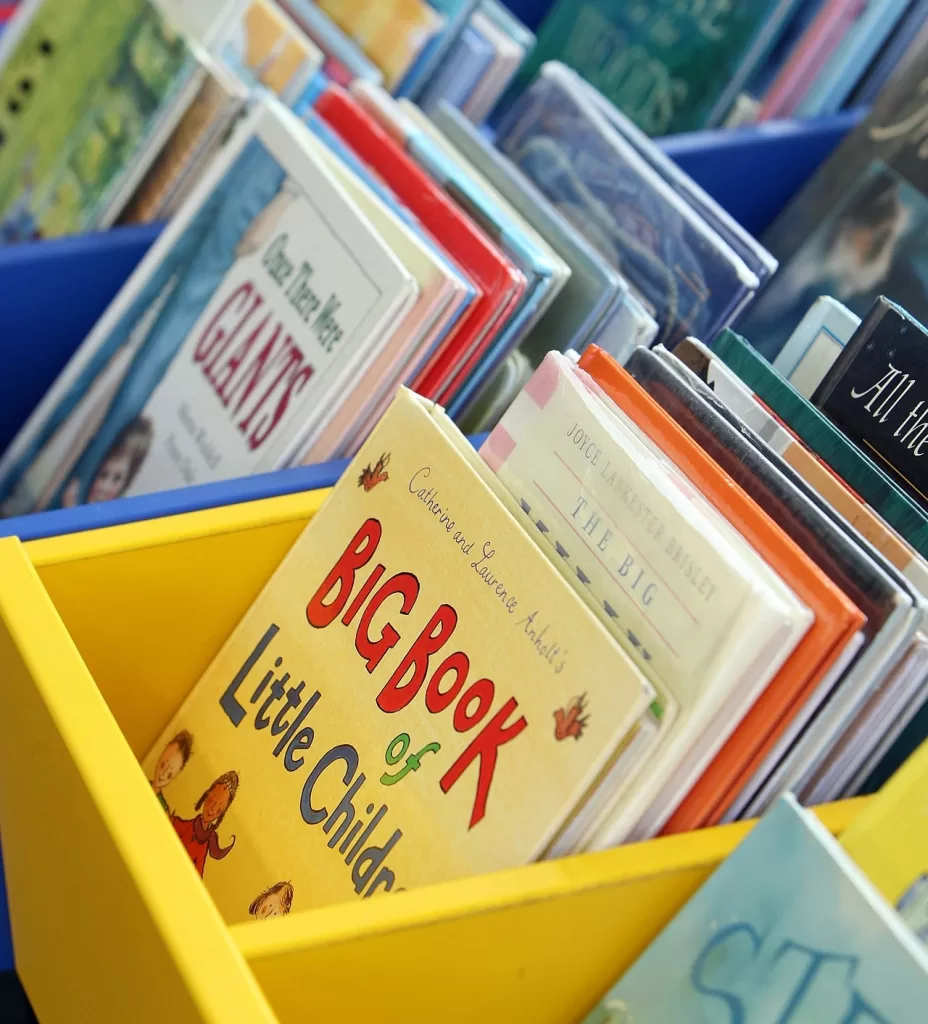
Creating Lifelong Learners: How Reading and Storytelling can Ignite Your Child’s Imagination and Fuel their Success
Stories have been an essential part of human culture for centuries. From the oral traditions of our ancestors to the classic novels of today, stories have always held a special place in our hearts. They have the power to transport us to new worlds, introduce us to new ideas and perspectives, and help us make sense of our own experiences.
When it comes to children, stories can be especially powerful. Reading and listening to stories can help children develop their language skills, expand their imaginations, and build their cognitive abilities. Through stories, children can learn about different cultures, historical events, and important social issues, while also developing empathy and emotional intelligence. Read More

7 Effective Ways of Parenting
As the child reaches different milestones we become more conscious, protecting and dominant towards the child. Everyone has different approach with the same focus, we may act on our gut feelings or follow the techniques of our parents and elders. Let’s read the 7 tips to follow to improve our parenting…. Read More

Healthy Eating Tips for Young Toddlers
Feeding a toddler is a real challenge because we are teaching the little one to nurture themselves with food. And the amazing part of it is that they are too innocent to understand all this process. We can overcome this challenge gradually with constant effort and patience towards our kids… Read More
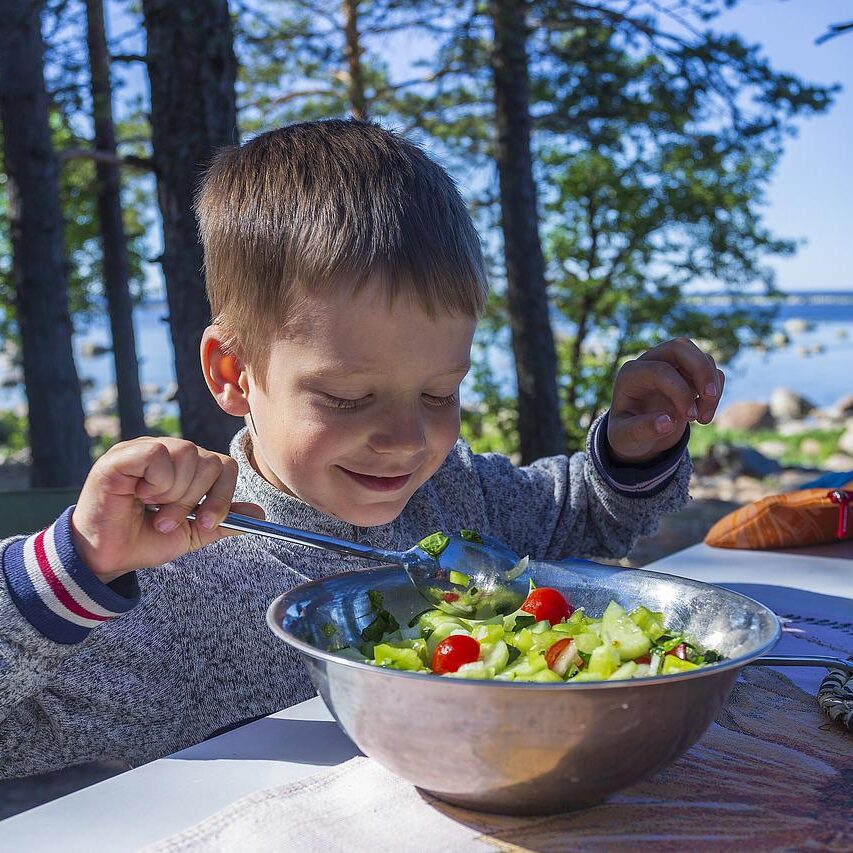
Handling Toddler Tantrums: A Guide for Parents
Raising a toddler can be a challenging and rewarding experience, but it can also come with its fair share of tantrums. Tantrums are a normal part of a child’s development and are a way for them to express their feelings and assert their independence. However, they can be stressful and overwhelming for both the child and the parent. In this guide, we’ll cover the reasons behind toddler tantrums, how to handle them effectively, and provide tips for reducing their frequency and intensity. Read More…

Development Milestones of a Baby from Birth until 2 Years
As a parent, it’s important to understand the various development milestones your child will experience in their first two years of life. These milestones provide a roadmap for what to expect and help you understand how your child is growing and changing. They also give you a way to monitor your child’s development and ensure they are on track. Let’s cover the key milestones in physical, cognitive, communication, and social/emotional development Read more…..
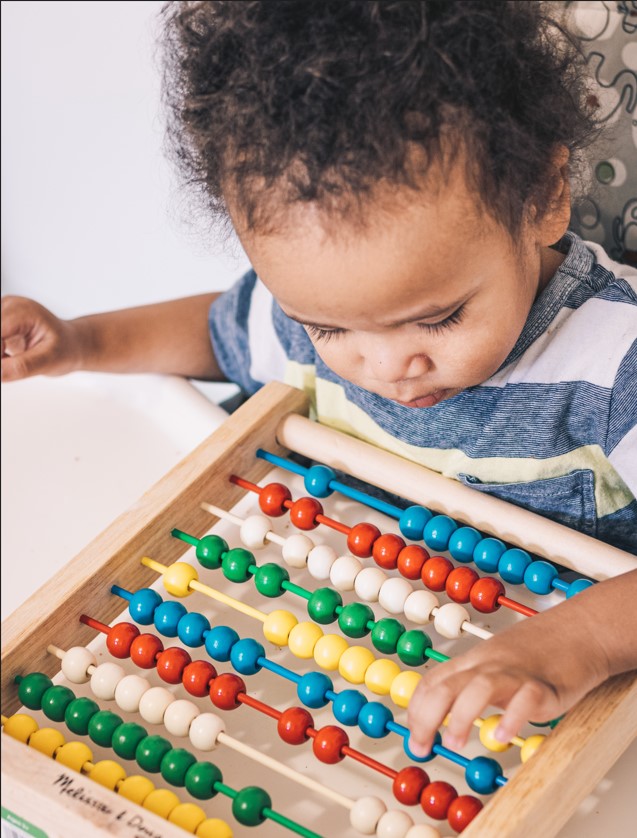
Parent’s Guide to Nurturing their Child’s Emotional Development: Milestones, Strategies and Tips
Emotional development is strongly linked to the quality of relationships a child has with their caregivers, especially their parents. Infants and young children rely on their parents to meet their physical and emotional needs, and to provide them with a secure and nurturing environment in which to develop.
Positive early experiences with caregivers are critical for healthy emotional development. For example, when parents are responsive to their child’s needs, provide consistent and loving care, and create a warm and supportive environment, children are more likely to develop secure attachment relationships, which are associated with better outcomes in terms of social and emotional development. Read more…..
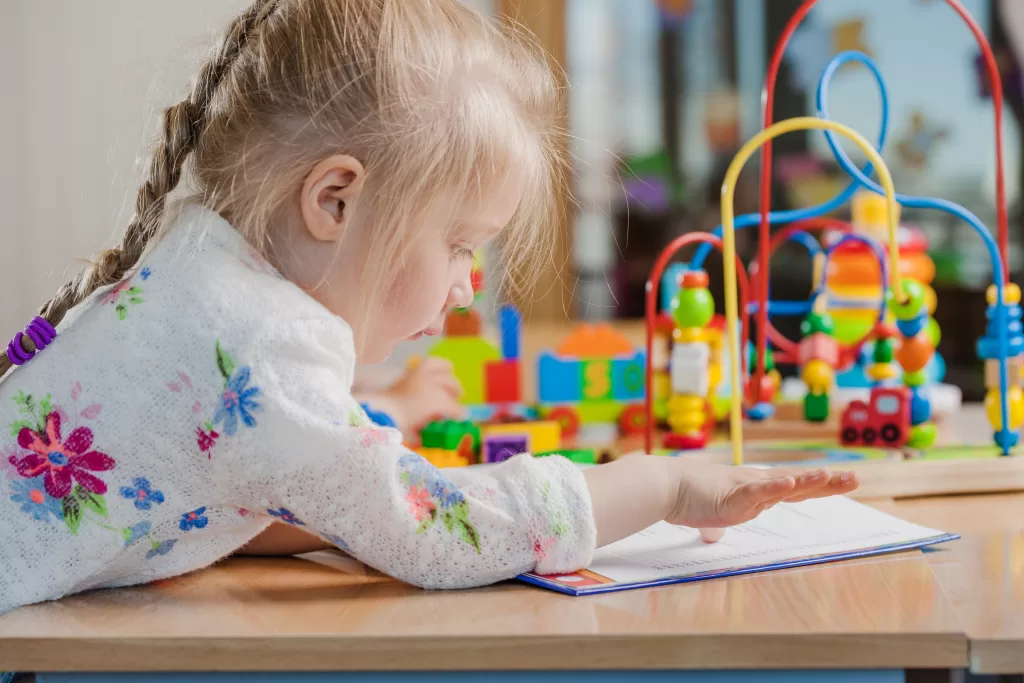
Raising Emotionally Intelligent Children: Practical Tips for Building Social Skills and Self-Awareness
Do you remember the last time your child had a temper tantrum or an emotional breakdown? Maybe it was over something as simple as not getting their favorite snack, or something more complex like struggling with schoolwork. In these moments, it’s easy to feel frustrated, overwhelmed, or unsure of how to handle the situation. But what if there was a way to equip our children with the skills to better manage their emotions and navigate these challenging moments?
That’s where emotional intelligence comes in. Emotional intelligence is the ability to identify, understand, and manage one’s own emotions, as well as the emotions of others. In other words, it’s the ability to recognize when we’re feeling a certain way, understand why we’re feeling that way, and then use that information to make constructive choices about how we behave and interact with others.
